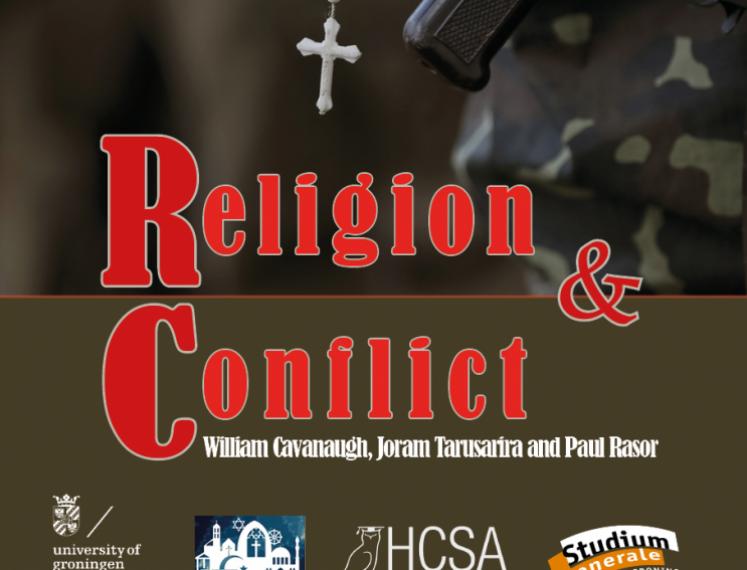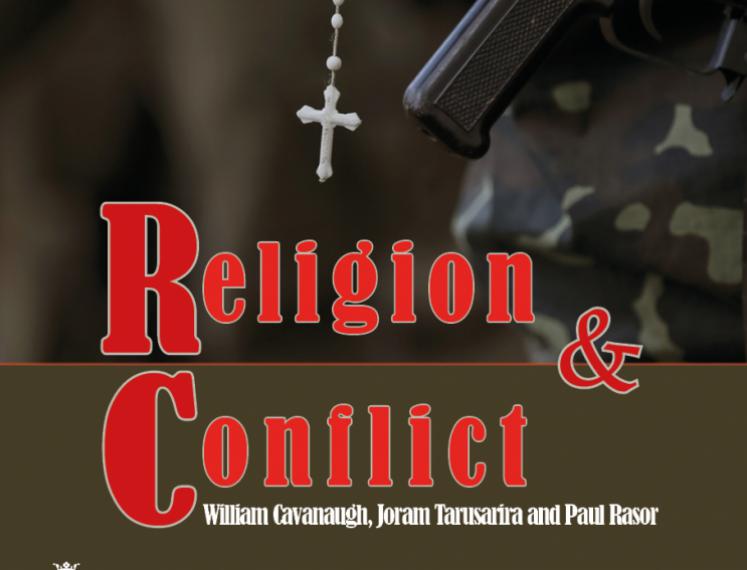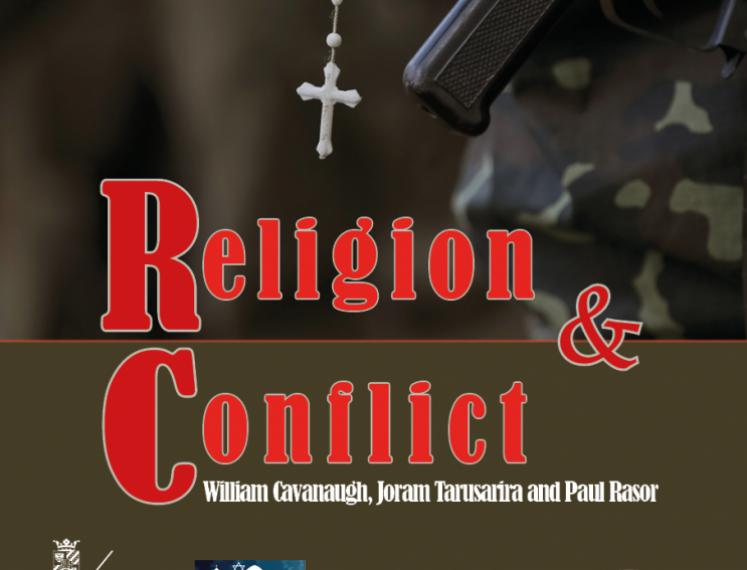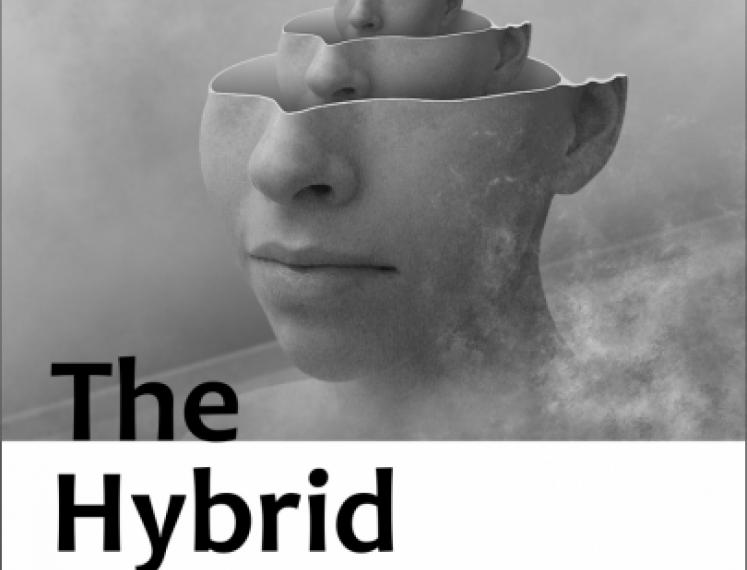Academiegebouw
Broerstraat 5
Groningen
Nederland
Religion, Conflict and Peacebuilding
The conflictual relationship between religion and the secular is often sparked by humiliation, deprivation and embarrassment: a sense of victimhood.
The argument that religion is inherently violent has since been disproved, or at least is now hard to sustain. Violence is not essentially constitutive of the religious or the secular. It is people who act in the name of religion or the secular, hence religiously-articulated violence is driven by people’s interests and/or fears. So is the case with secular-orchestrated violence. The conflictual relationship between religion and the secular, which has occasionally degenerated into violence, is often sparked by denigration, humiliation, annihilation, deprivation and embarrassment: a sense of victimhood. When secularists have violently responded to alleged religiously-inspired attacks, they claim that it is because they are victims of the religionists. Likewise, when religionists violently attack representations of the secular, they also claim that it is because they are victims of the secularists. The resultant effect is competitive victimhood. Why do parties to a conflict compete for victimhood? What are the implications of victimhood identity for conflict and violence on one hand and peace and reconciliation on the other?
Joram Tarusarira is Assistant Professor of Religion, Conflict and Peacebuilding, in the Faculty of Theology and Religious Studies at University of Groningen. He is also Deputy Director of the Centre for Religion, Conflict and the Public Domain. He attained his PhD from the University of Leipzig (Germany). His research interests, in which he has published journal articles and book chapters, include the role of religion in conflict and its transformation, religious non-conformism and cultural dynamics, religion and civil society, social movements and post-conflict reconciliation. He is the author of the forthcoming book: Reconciliation and Religio-political Non-conformism in Zimbabwe, to be published by Routledge.





